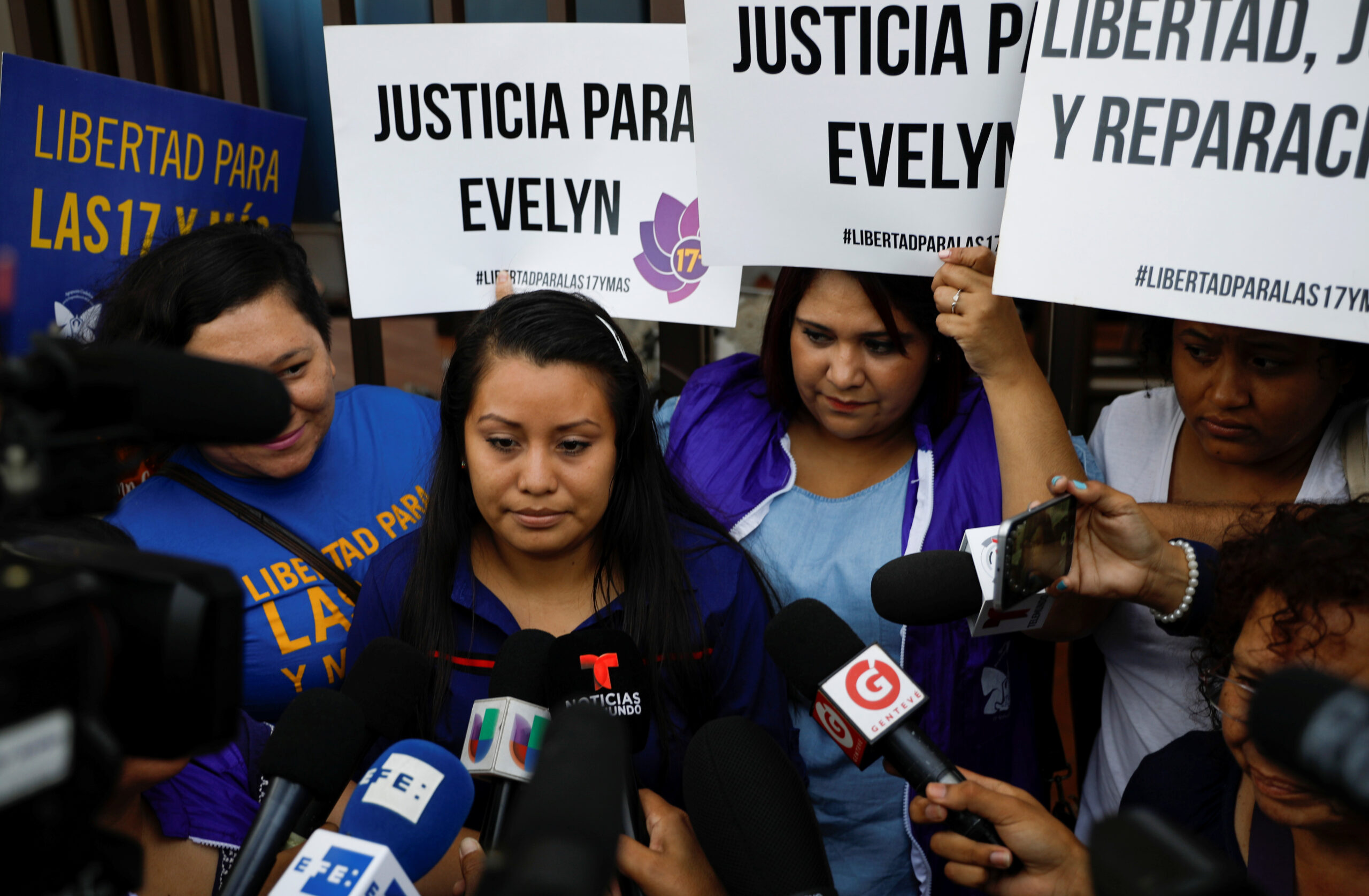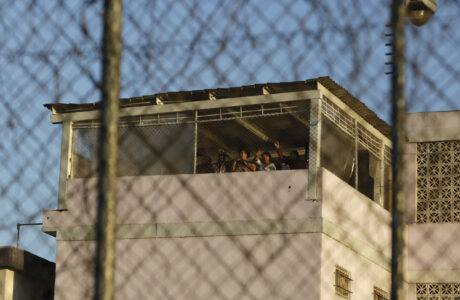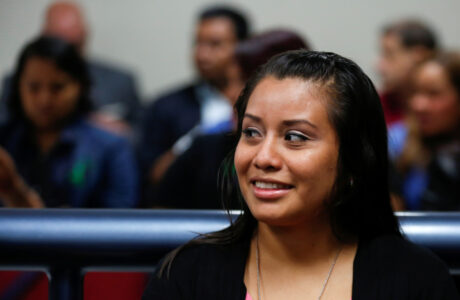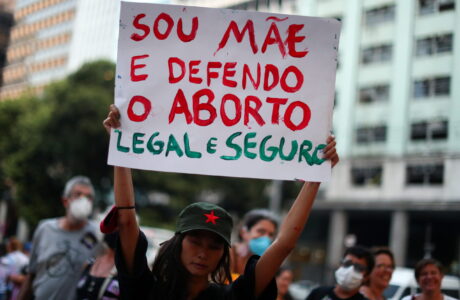The judicial system is supposed to protect women, but too often, courts perpetuate discrimination against them. Justice for women is a core pillar of all CFJ’s work.
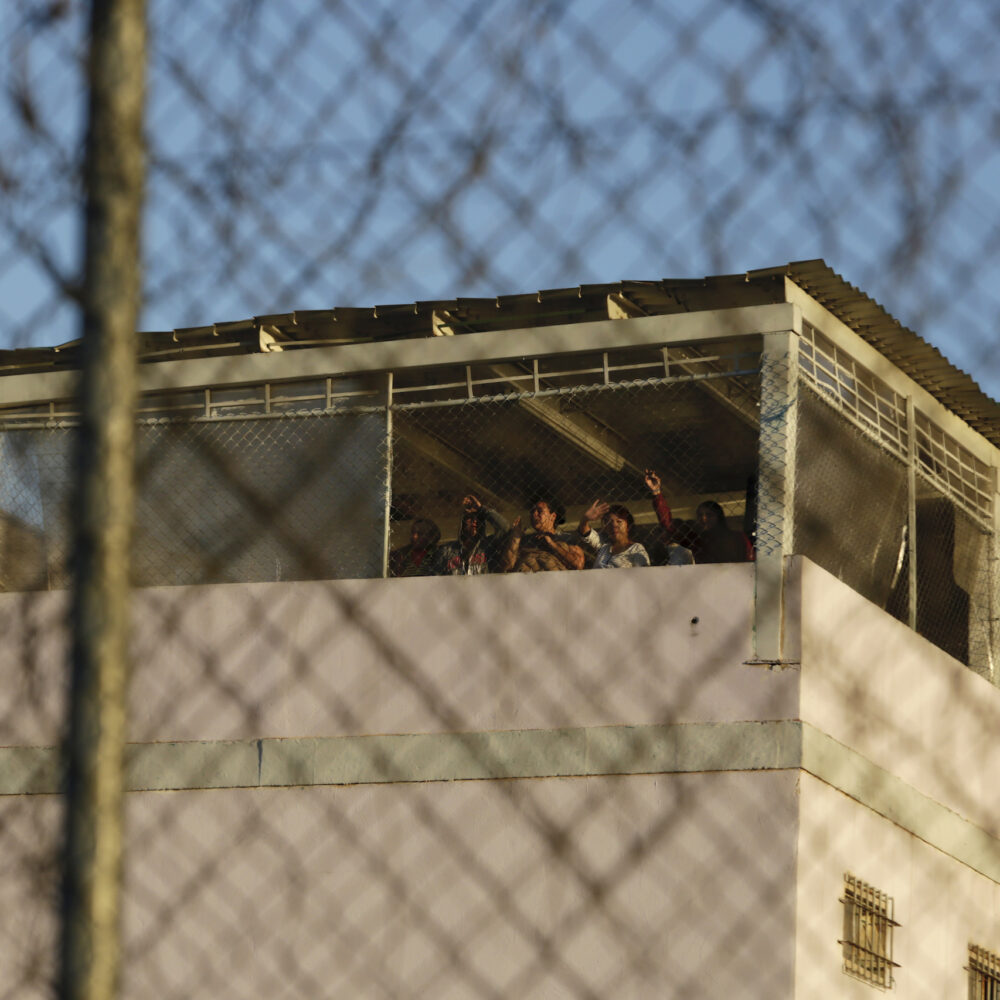
Despite the fact the vast majority of states have ratified treaties that require them to protect women’s rights and these rights can be enforced in national courts, this legal framework is not well understood by those it is meant to protect and there is a lack of access to lawyers who can help women claim their rights for themselves and their broader communities.
When people do not know what their rights are, it makes it impossible for them to see when those rights are being violated.
There is also limited global data available on how legal systems mistreat women and perpetuate discrimination against them. Current findings indicate that, while there is increased attention to women as a growing segment of the world’s prison population, there is a dearth of data and specialized global research on women prosecuted and punished for gender-specific crimes.
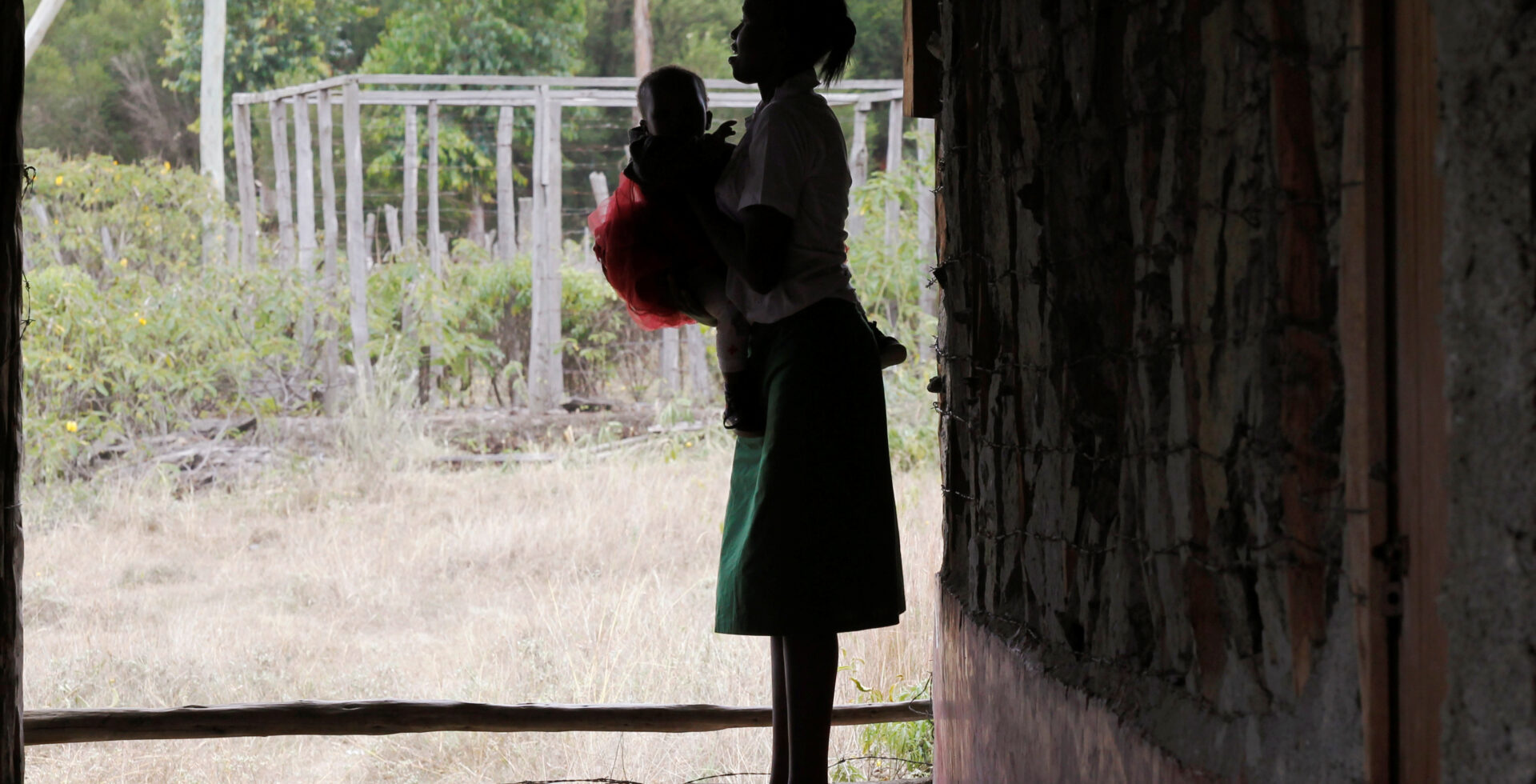
Waging Justice For Women
CFJ’s Waging Justice for Women initiative aims to fight injustice against women through strategic litigation to reform discriminatory laws and increase accountability for gender-based abuse. Until now, there has been no global program to identify laws and policies that are holding women back and support women’s ability to claim their rights through the courts. As a result, women are neither being asked about the injustices they face nor given the opportunity to design and implement the solutions.
Our Waging Justice for Women initiative aims to change this. Using data that we gather, and working hand in hand with women-led local organizations, our team will use legal avenues to overturn unfair laws, help victims get redress and bring perpetrators to justice. We will also establish women-for-women legal aid clinics to provide free legal support for women to secure legal remedies and bring about systemic change.
Did you know
CFJ has recently filed a submission in a case before the African Court of Human and Peoples’ Rights challenging the policy of expelling pregnant and married girls from high school in Tanzania. Given that approximately 1 in 4 girls in Tanzania is either pregnant or married by the age of 18, this means that a huge proportion of the female population is robbed of an education and all the opportunities that flow from that. This is only the second case where the African Court is considering women’s rights and has the potential to change many lives.
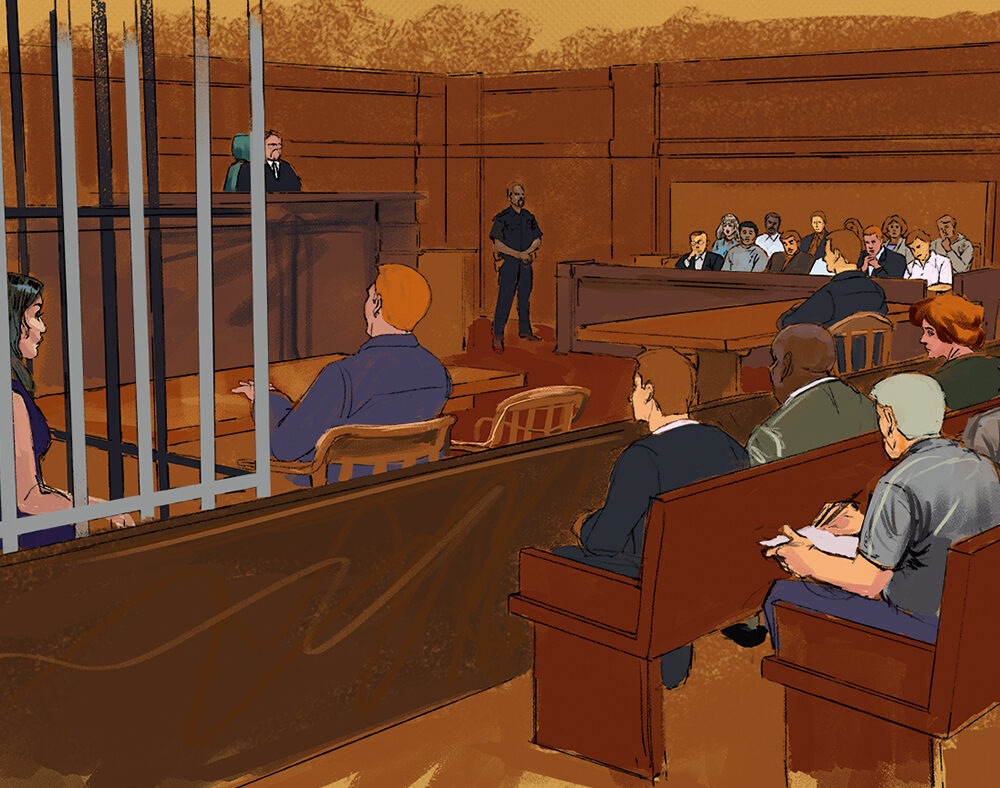
TrialWatch is the only organization in the world systematically monitoring trials against women and conducting advocacy to remedy abuse. Our partners at Columbia Law School’s Human Rights Institute and Clinic have prepared a detailed report on the weaponization of the law against women and girls, using cases TrialWatch has monitored as examples. This is the first in a series on prosecutions targeting women and girls, in collaboration with universities around the world and led by Columbia Law School.
We are particularly focused on three categories of cases: those involving “morality crimes,” such as adultery, “indecent” conduct, or sex outside of marriage; those implicating reproductive health and rights, and those that are brought against women standing up for their rights, whether through speech or protest, or defending themselves against abusers.
